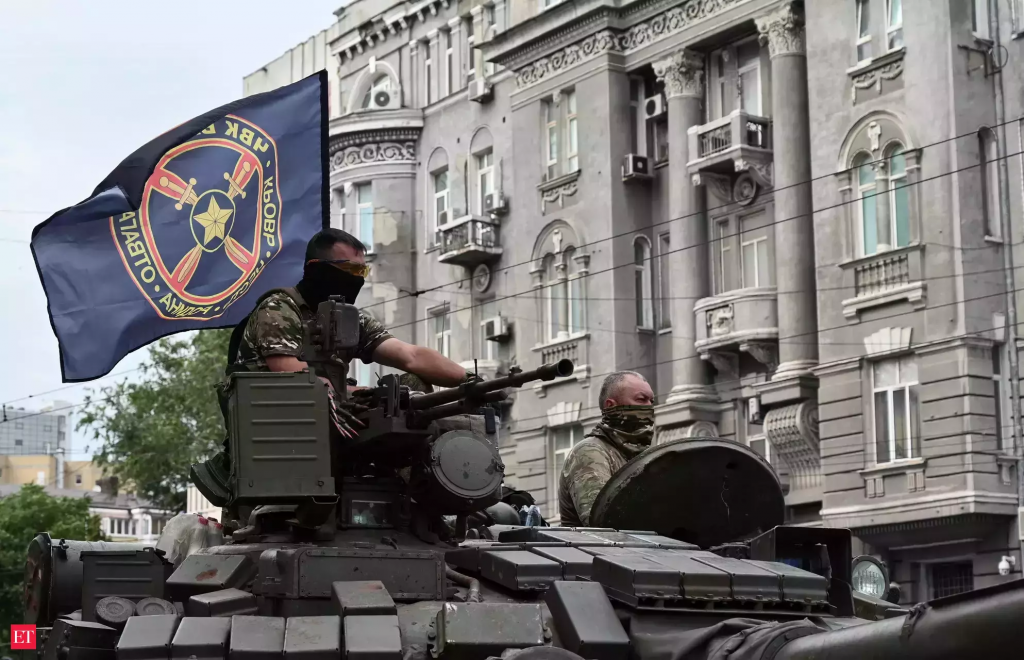
In a significant development, the renowned private military company (PMC) known as the Wagner Group has decided to withdraw its forces from the southern Voronezh region of Russia. The decision was announced by the governor of the region, highlighting the changing dynamics and geopolitical landscape in the area. This article will delve into the details of this development, exploring the reasons behind Wagner’s departure and the potential implications for the region.
The Wagner Group: An Introduction
Before delving into the departure of Wagner forces from the Voronezh region, it is essential to understand the role and significance of this private military company. The Wagner Group has gained prominence in recent years for its involvement in various military operations and conflicts, both domestically and internationally. Established as a private military contractor, the group has been associated with Russia’s interests, undertaking missions in regions such as Syria, Ukraine, and Africa.
The Decision to Withdraw
The governor of the southern Voronezh region recently made an official statement, revealing that the Wagner Group has decided to withdraw its forces from the area. This decision has sparked curiosity and raised questions regarding the motives behind it. While the governor’s statement did not provide explicit details, it is crucial to explore the potential reasons for this strategic move.
Shifting Geopolitical Dynamics
One significant factor that may have influenced the withdrawal of Wagner forces from the Voronezh region is the evolving geopolitical dynamics in the area. As the political landscape undergoes transformations, alliances shift, and interests realign, private military companies like Wagner need to adapt their strategies accordingly. The withdrawal may signify a recalibration of priorities and a reevaluation of the region’s strategic importance for the group.
Operational Considerations
Another aspect that cannot be overlooked is the operational considerations involved in maintaining a military presence in the Voronezh region. Deploying and sustaining a private military force requires substantial resources, including personnel, equipment, and infrastructure. If the operational costs outweigh the benefits or if there are more lucrative opportunities elsewhere, it becomes practical for the Wagner Group to redeploy its forces to more favorable locations.
Security Concerns
Security concerns can also play a vital role in the decision-making process of a private military company. Changes in the security landscape, including the potential presence of rival factions or a deteriorating security situation, may prompt the Wagner Group to reconsider its position in a particular region. If the risks outweigh the rewards or if the security of its personnel is compromised, the company may opt for a strategic withdrawal.
Implications for the Region
The departure of Wagner forces from the Voronezh region is likely to have several implications for the area and its stakeholders. It is essential to analyze these potential consequences to gain a comprehensive understanding of the situation.
Political and Security Void
The absence of a significant military presence like the Wagner Group in the region may lead to a political and security void. This void could potentially be exploited by other actors, both state and non-state, to exert their influence or pursue their objectives. It becomes imperative for the local authorities to fill this void effectively to ensure stability and security in the region.

Economic Impact
The withdrawal of Wagner forces can also have economic implications for the Voronezh region. The presence of a private military company often brings economic benefits, such as job creation, local procurement, and infrastructure development. The departure of Wagner forces may result in the loss of these economic opportunities, necessitating alternative avenues for economic growth and development.


